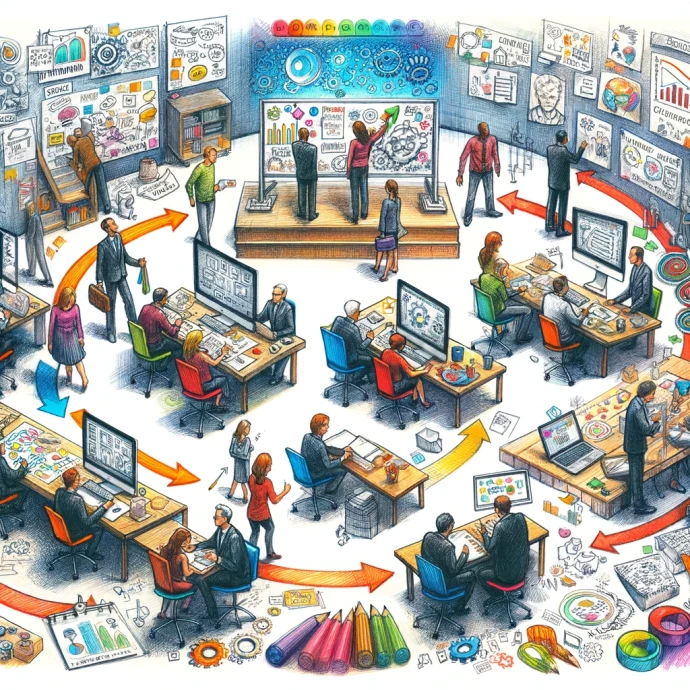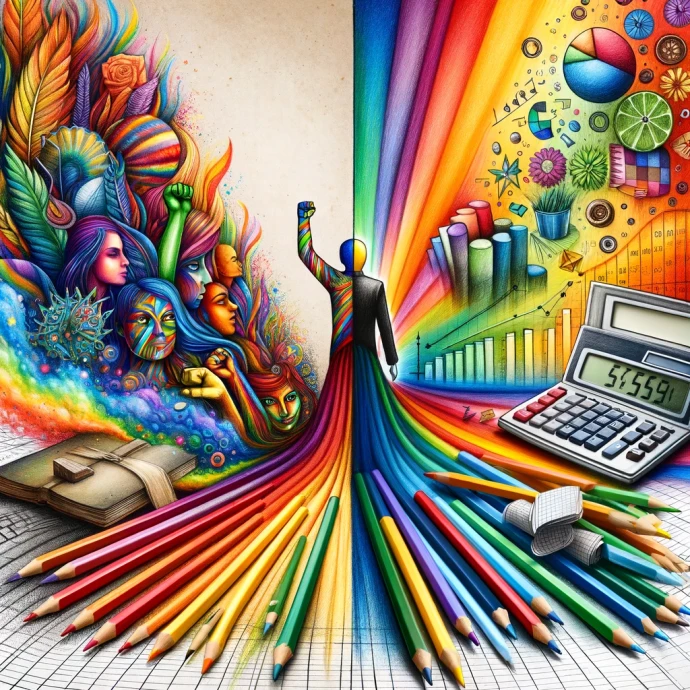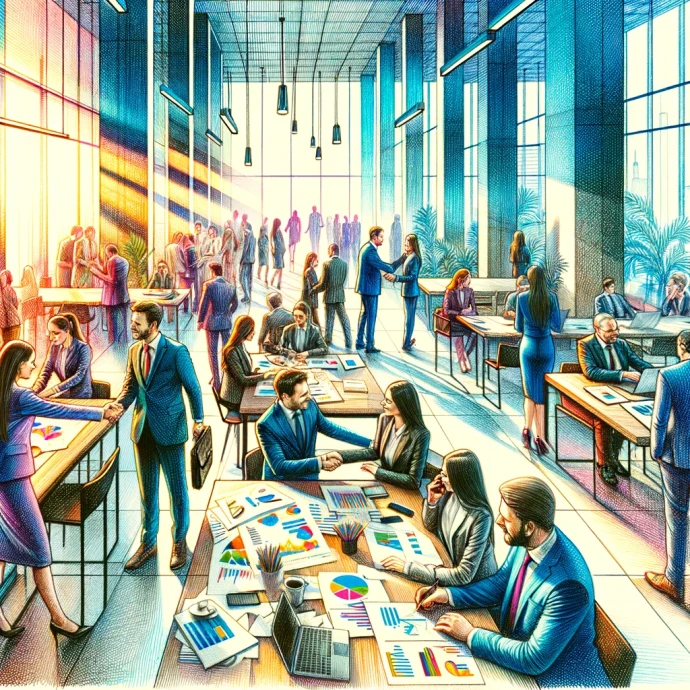Releasing Imagination in Design: How AI is Changing the Business

As we edge nearer to London Style Week, there's an obvious energy in the air, not only for the shocking plans set to raise a ruckus around town but for the pivotal devices that guarantee to democratize an industry frequently scrutinized for its selectiveness and high obstructions to passage. The combination of computerized reasoning (simulated intelligence) with style isn't just a pattern but an unrest that is reshaping the way in which we consider, make, and consume design. This groundbreaking excursion is set apart by both confidence and suspicion, with worries about professional stability and the quintessence of innovativeness at the core of the discussion.
Artificial Intelligence: An Encouraging sign for Hopeful Creators
At the core of this mechanical renaissance is the capability of simulated intelligence to act as a strong partner to innovativeness. Matthew Drinkwater, top of the London School of Design's Development Organization, champions man-made intelligence as an instrument that essentially makes everything fair. It offers an encouraging sign for those recently minimized by the monetary and social requirements of the style world. This opinion is reverberated across the business, as architects and brands tackle simulated intelligence to explore the excursion from idea to shopper all the more effectively and economically.
Supportability and Proficiency: Artificial Intelligence's Promising Wilderness

The account encompassing artificial intelligence in style stretches out past inventive approaches, addressing basic issues like supportability and production network the board. Brands like Heliot Emil, Zara, and H&M are at the cutting edge, using computer based intelligence to tweak creation and limit squander, a demonstration of the business' obligation to ecological obligation. Besides, simulated intelligence's job in improving plan through generative advances considers a consistent investigation of materials and examples, changing the customary plan world-view.
Changing the Imaginative Scene
The monetary ramifications of simulated intelligence in design are faltering, with McKinsey's gauges featuring the innovation's capability to help working benefits by billions inside the following couple of years. This monetary shelter is matched by the commitment of developments, for example, pattern guaging and virtual attempt ons, denoting a huge jump towards a more comprehensive and dynamic design industry.
Spearheading the Fate of Design

Drinkwater's investigations into generative artificial intelligence's capacities highlight the persistent quest for development inside the style business. From serious information assortment to the quick age of plans with a basic snap, the development of artificial intelligence instruments mirrors the business' fast variation to mechanical advances. These endeavors exhibit possible business applications as well as enlighten the way for future investigations in design innovation.
Maison Meta: Overcoming Any Barrier Among AI and Creativity
The debut simulated intelligence Style Week in New York, coordinated by Cyril Foiret's Maison Meta, remains as a milestone occasion in the business' schedule. It not only displayed the ability of simulated intelligence in producing cutting-edge plans yet in addition filled in as a stage for rising creators to rejuvenate their computerized manifestations. This drive, combined with the help of retailers like Spin, connotes an urgent second in the acknowledgement of artificial intelligence as an essential part of the innovative strategy.
Imagination Enhanced by Artificial Intelligence

Notwithstanding the apprehensions of mechanization and the possible removal of human imagination, the account encompassing simulated intelligence in style is predominantly sure. Figures like Foiret advocate for an amicable connection between innovation and masterfulness, where artificial intelligence goes about as an enhancer instead of a substitution of human inventiveness. This point of view welcomes a re-examination of simulated intelligence's job, not as a danger, but rather as a device that, when used with knowledge and a creative mind, can open new domains of imaginative articulation.
Embracing Change: The Aggregate Excursion Ahead
As the design business remains near the precarious edge of this mechanical insurgency, the aggregate test will be to explore the incorporation of artificial intelligence with imagination. The excursion ahead requests a reconsidering of jobs, a reassessment of values, and an unfaltering obligation to utilizing innovation to support practical, comprehensive, and imaginative design. The narratives of Drinkwater, Foiret, and innumerable others act as signals of progress, directing the business towards a future where innovation and human inventiveness combine to rethink the embodiment of style.
Conclusion: A Future Formed by Artificial Intelligence

The crossing point of man-made intelligence and style proclaims another section in the business' celebrated history. As we look towards the future, obviously the combination of innovation and imagination holds the way to tending to probably the most squeezing difficulties confronting the style world today. From democratizing admittance to upgrading manageability, man-made intelligence isn't simply having an impact on the manner in which we plan and produce design; it's rethinking what's conceivable. As London Fashion Week unfurls, it's an update that the way to development is cleared with cooperation, vision, and an immovable faith in the force of imagination, enhanced by innovation.















Comments . 0